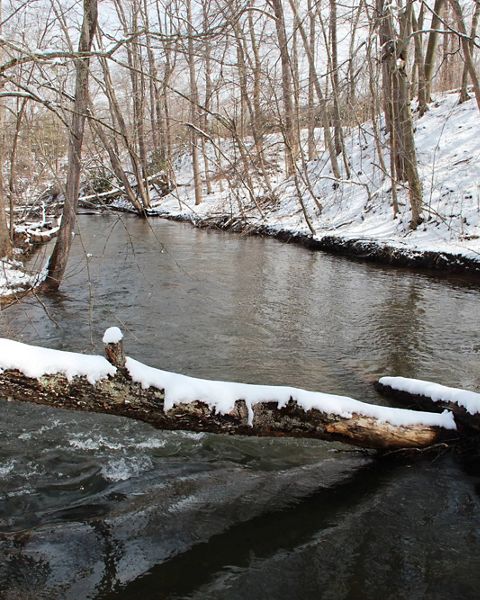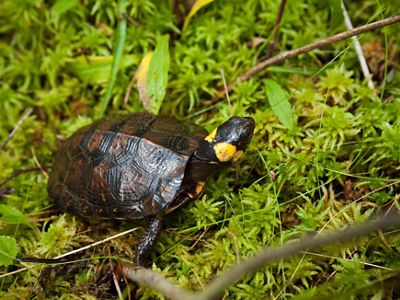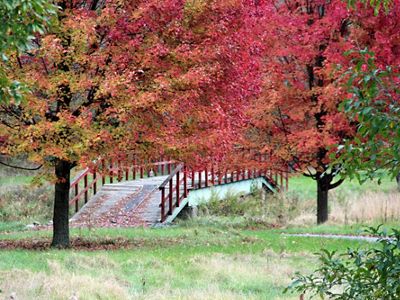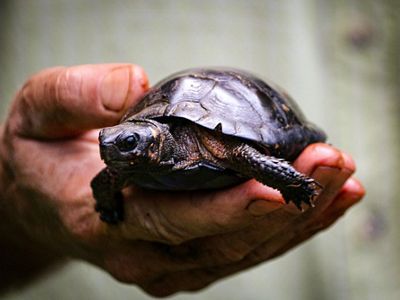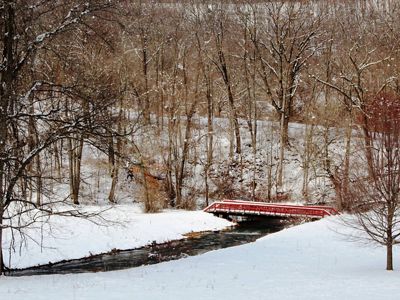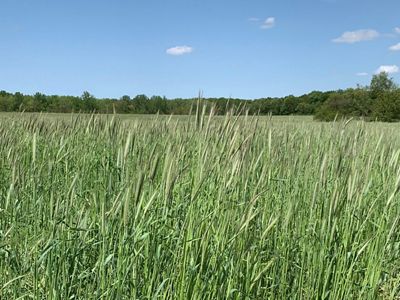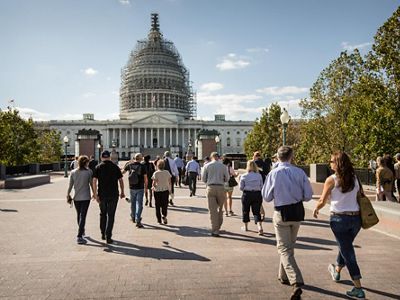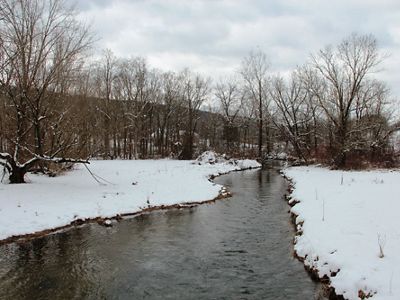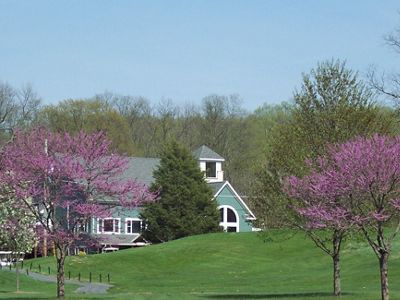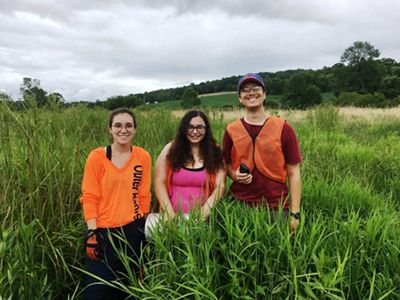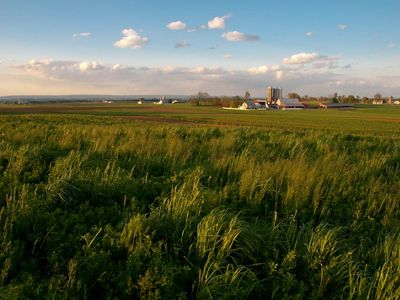TNC's first foray in Cherry Valley involved land acquisitions beginning in the late 1990s. In 2000, TNC began seeking opportunities to work at larger scales within Cherry Valley. This led to exploring, together with the U.S. Fish and Wildlife Service (USFWS) and the Monroe County Conservation District, the viability of creating a National Wildlife Refuge.
With local and regional interest high, TNC and the partners joined forces with a then newly formed grassroots group—Friends of Cherry Valley—to mobilize a coalition of businesses, local governments and civic groups around lobbying Congress to authorize a National Wildlife Refuge. In a bipartisan vote, Congress overwhelmingly approved the 22,000-acre Cherry Valley National Wildlife Refuge Act in 2008.
Today, the Cherry Valley National Wildlife Refuge boasts a mosaic of streams, wetlands, fields and forests that support vulnerable, threatened or endangered species including bog turtle and American eel, and common species such as black bears, bobcats and beavers. Cherry Creek, a state-designated High Quality Stream that harbors native brook trout, meanders through the Refuge before flowing into the Delaware River.
Since the Refuge’s creation, TNC has worked with partners including local townships, Monroe and Northampton Counties, the Commonwealth of Pennsylvania, the Conservation Fund, the Pocono Heritage Land Trust and the Wildlands Conservancy to add additional acres to the Refuge. This includes the former Cherry Valley Golf Course and its clubhouse, which now serves as the Refuge headquarters and visitors center.
With help from partners, the USFWS is also restoring a spectacular array of wildlife habitats such as pollinator meadows, shrublands and additional brook trout habitat. TNC is also working with the United States Forest Service and the USFWS on restoring a critical section of Cherry Creek, which flows through the Refuge, to a more natural mix of wetland, floodplain and in-stream habitat.
In Cherry Valley, partnerships continue to flourish around conservation, leading to the National Wildlife Refuge's expansion as willing sellers and funding opportunities arise. TNC, together with the USFWS and others, will continue to implement creative conservation strategies and habitat restoration projects that aim to safeguard wildlife and support local livelihoods throughout Cherry Valley for years to come.


